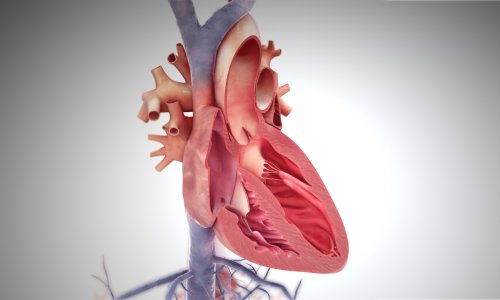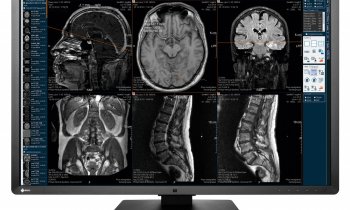News • During the COVID-19 pandemic
Likely increase in the risk of death or disability from stroke
The European Stroke Organisation (ESO) cautions against the consequences of the Coronavirus-Crisis on stroke care.

Each year, 1.5 million Europeans have a stroke. Two to three of every 10 patients die as a consequence of stroke, and about one third remain dependent on the help of others. The likelihood of a favourable outcome is critically dependent on patients presenting promptly after symptom onset and on hospitals providing immediate access to optimised stroke care. This includes treatments for vessel recanalisation, securing brain vascular malformations, specialised stroke unit care, secondary prevention, and rehabilitation.
In a survey among 426 stroke care providers from 55 countries, only one in five reported that stroke patients are currently receiving the usual acute and post-acute care at their hospital. The lack of optimal care is likely to lead to a greater risk of death and a smaller chance of a good recovery.
There is no reason to assume that the incidence of stroke declined since the onset of the COVID-19 crisis, but in many countries fewer people with symptoms suggestive of stroke present to the hospital. This may be due to a range of factors, including fear to be infected with COVID-19 in the hospital or the assumption that doctors are too busy treating patients with COVID-19 to treat patients with stroke.
ESO supports the efforts to manage the COVID-19 pandemic and to treat patients with COVID-19, but emphasises that patients with stroke symptoms should still present to hospital as soon as possible and that efforts should be made to maintain the usual level of stroke care, including intravenous and endovascular reperfusion strategies, irrespective of the patient’s COVID-19 status, to avoid unnecessary ‘collateral damage’ through inadequate treatment of this often disabling or life-threatening condition.
Source: The European Stroke Organisation
15.04.2020











